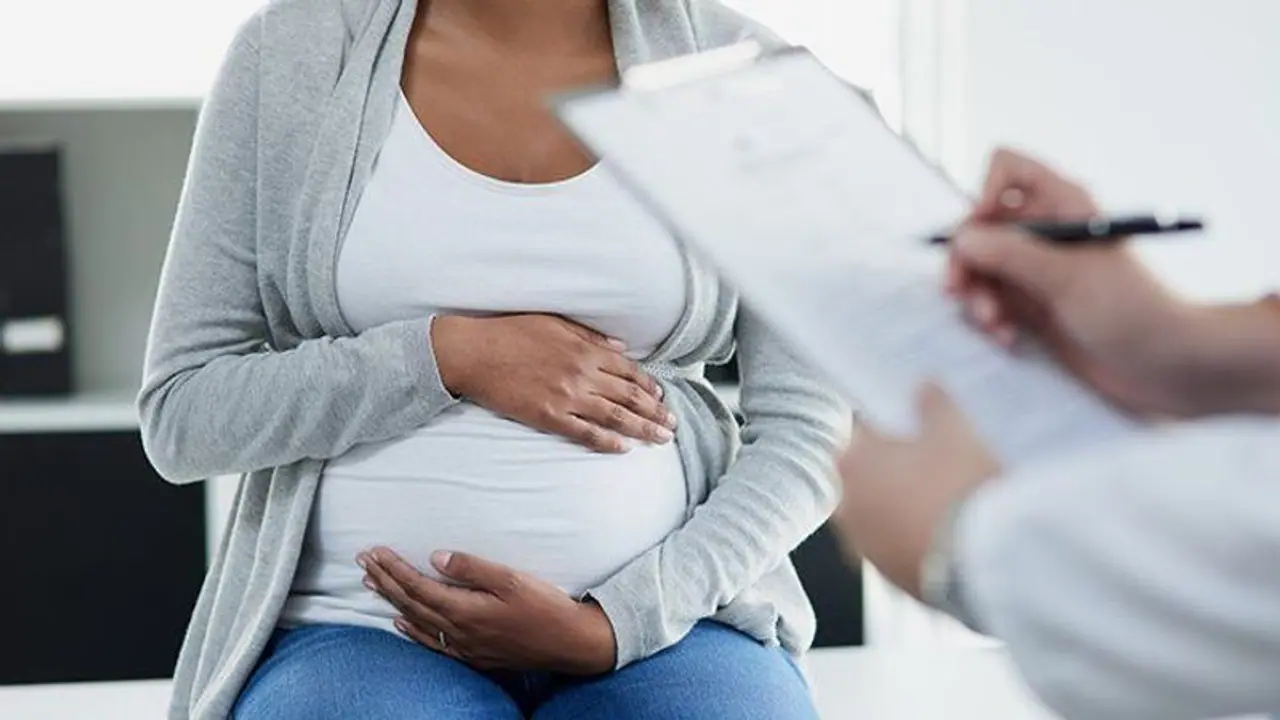Pregnancy-related high blood pressure begins after 20 weeks of pregnancy and ends shortly after the delivery. It's also known as pregnancy-induced hypertension or gestational hypertension. There is higher risk of complications before labor, during labor and after delivery in such cases.
Hypertension in pregnancy can be identified before, during or after pregnancy. Pregnancy-related high blood pressure begins after 20 weeks of pregnancy and ends shortly after the delivery. It's also known as pregnancy-induced hypertension or gestational hypertension. Because your heart has to work harder and is under more stress during pregnancy, high blood pressure during pregnancy has a distinct effect on your body. It affects the mother, the infant, and the placenta. There is higher risk of complications before labor, during labor and after delivery in such cases.
Gestational hypertension is high blood pressure that occurs in the latter half of pregnancy but doesn’t affect your organs generally but monitoring of pregnancy is required more frequently.
Preeclampsia is a serious form of high blood pressure and can cause serious health problems like kidney, liver and brain damage. It can cause growth problems for the fetus and increase the risk of stillbirth.
It is unknown what specifically causes hypertension during pregnancy. Certain conditions may increase your risk like age below 20 or over 40, multiple pregnancy, family history of hypertension, past history of hypertension in previous pregnancy or having diabetes or gestational diabetes.
What are the symptoms of high blood pressure?
Symptoms of high blood pressure are headaches, blurred vision, sudden weight gain, swelling of the body, vomiting and pain in the abdomen. Uncontrolled hypertension can cause seizures, hemorrhage in pregnancy, temporary kidney failure, clotting abnormalities and stroke in mother. These symptoms may represent a serious emergency. Do not wait for the symptoms to go away and visit the emergency.
The infant may need to be delivered via cesarean section. Baby is at the risk of low birth weight, prematurity and intrauterine demise.
Hypertension in pregnancy may require blood pressure monitoring at home, medications to reduce the pressure and may be hospitalization. Follow salt restricted diet and exercise regularly. Baby is monitored frequently by doing ultrasound, Doppler studies and NST.
How can you avoid hypertension in pregnancy?
Hypertension in pregnancy can be avoided if in the non pregnant state one can maintain a healthy weight, exercise regularly, practice yoga and avoiding smoking. If you have high blood pressure and want to get pregnant, see a doctor. The blood pressure should be controlled before the pregnancy. One has to check the condition of the kidney and heart before pregnancy.
Sometimes aspirin is prescribed early in pregnancy in high-risk conditions to prevent high blood pressure. In pregnancy, have a desired weight gain as advised by the doctor, exercise regularly, practice yoga, reduce stress and go for frequent checkups.
(Dr. Aneeta Talwar, Consultant - Obstetrics & Gynaecology, Manipal Hospital, Whitefield)
